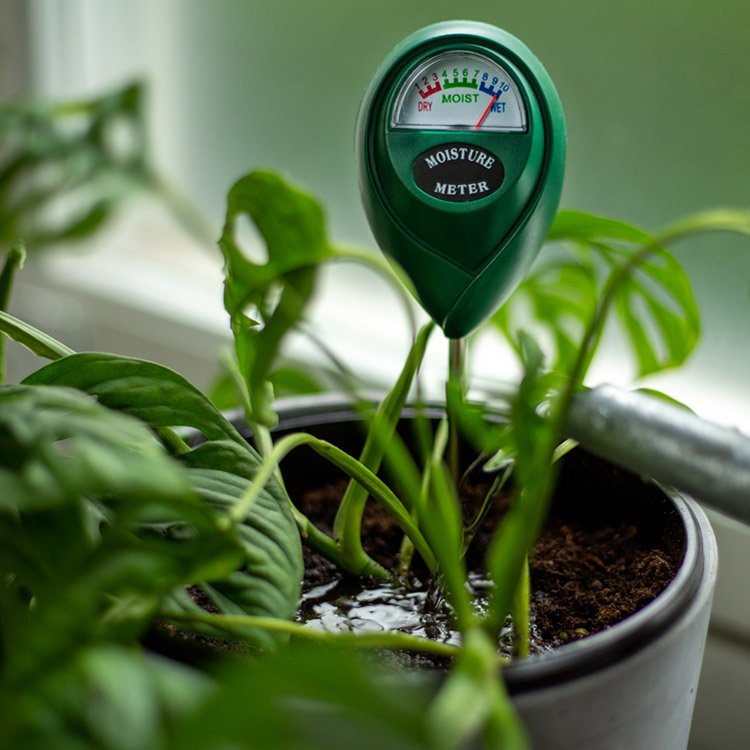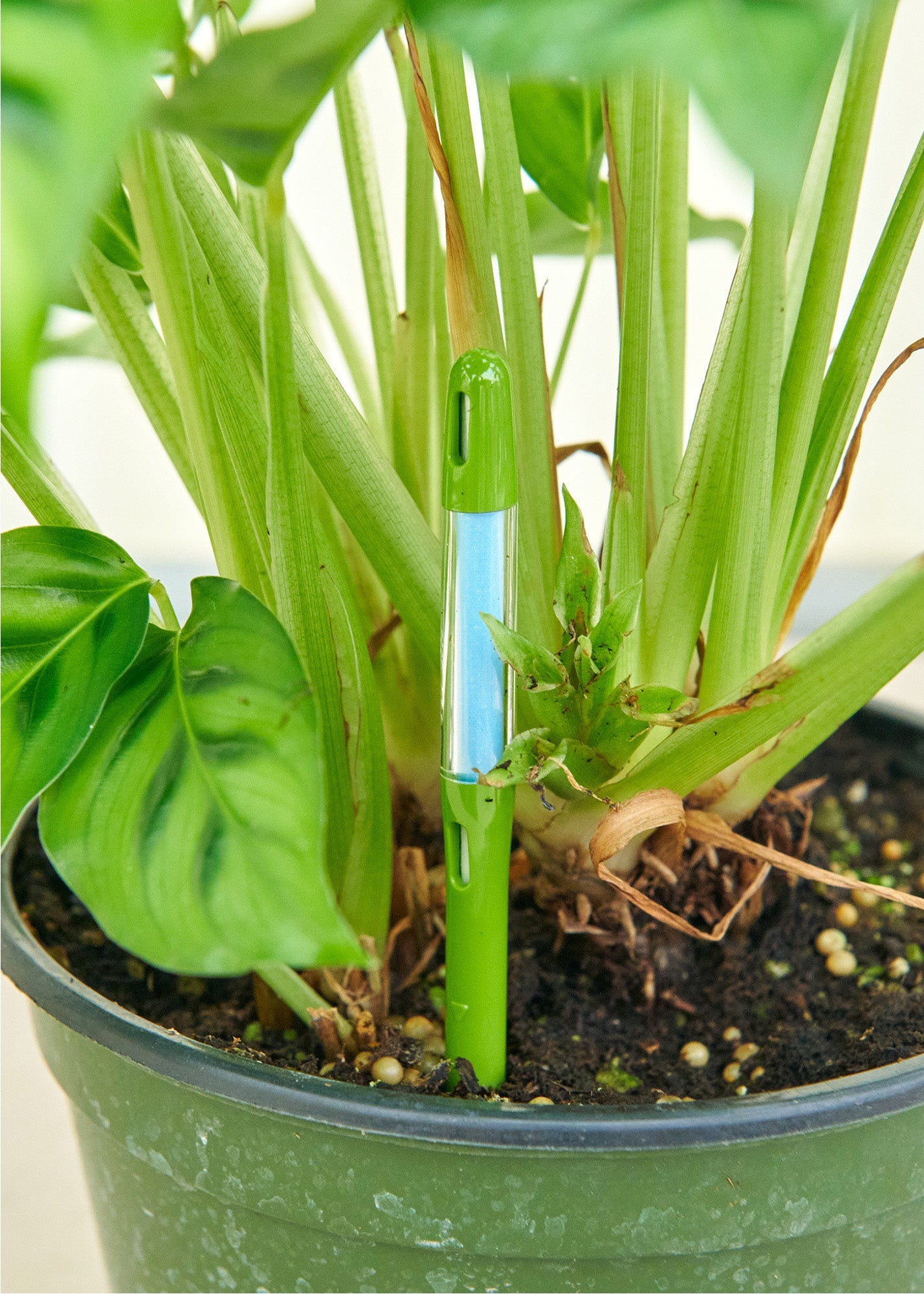The Scientific Research Behind Moisture Meters: How They Function and Why They're Important
The Scientific Research Behind Moisture Meters: How They Function and Why They're Important
Blog Article
The Ultimate Guide to Moisture Meters: A Comprehensive Overview and Exactly How They Can Conserve You Cash
In the world of building maintenance, construction, and numerous industries, the importance of precisely gauging wetness degrees can not be overstated. Wetness meters serve as important tools in spotting and keeping an eye on moisture material in products, assisting in stopping pricey damages and ensuring the top quality of items. Understanding the nuances of various kinds of wetness meters, their applications, and the possible cost-saving advantages they supply can be a game-changer for services and professionals alike. Finding just how these tools can not just simplify procedures yet also add to economic savings is a journey worth starting.
Types of Moisture Meters
One common type is the pin-type moisture meter, which measures the electrical resistance in between two pins placed right into a product. Pinless moisture meters, on the other hand, use electromagnetic sensing unit plates to scan a bigger area without causing damage to the product's surface.
Infrared moisture meters gauge the thermal residential or commercial properties of a product to determine its dampness material non-invasively, making them helpful for applications where pin or pinless meters may not be suitable. Understanding the different kinds of wetness meters readily available can aid sectors select the most proper tool for their particular moisture measurement demands.

Advantages of Using Moisture Meters

Moreover, making use of wetness meters can lead to boosted power effectiveness. In farming settings, dampness meters play an important duty in enhancing plant returns by making it possible for farmers to keep an eye on dirt wetness degrees and make informed watering choices.
How to Pick the Right Moisture Meter
Choosing the proper moisture meter entails thinking about key elements such as product compatibility, dimension variety, and calibration read review accuracy. When choosing a wetness meter, it's important to guarantee that the meter is ideal for the specific material you will certainly be testing. Different materials have differing electrical properties that can affect dampness readings, so selecting a meter created for your material is important for precise outcomes. In addition, think about the dimension series of the moisture meter. Guarantee that the meter can find wetness levels within the variety required for your applications. Calibration precision is one more essential variable to keep in mind (Moisture Meter). Go with a wetness meter with reliable calibration to guarantee specific and regular readings. Some meters might require regular calibration modifications, so recognizing the calibration procedure is necessary. By meticulously evaluating these elements, you can pick a dampness meter that meets your needs and provides exact moisture dimensions for your tasks.
Appropriate Methods for Moisture Meter Use
To make sure accurate wetness analyses and maximize the effectiveness of a dampness meter, utilizing appropriate techniques is necessary. When utilizing a pin-type wetness meter, place the pins or probes right into the product being tested till they make complete contact. By complying with these appropriate strategies, users can depend on their wetness meter to provide credible moisture degrees, assisting in avoiding costly damages or internet ensuring top quality in various applications.

Cost Cost Savings With Moisture Meter Applications
Exactly how can the strategic utilization of moisture meters lead to considerable price financial savings throughout numerous sectors? In the farming sector, wetness meters help in establishing the optimum time for harvesting plants, preventing over-drying or excess wetness that can influence the final item's top quality.

Additionally, in the food processing sector, dampness meters are important for checking item quality and guaranteeing compliance with safety regulations. By accurately measuring moisture web content in food products, suppliers can prevent putridity, keep freshness, and decrease waste, resulting in substantial price savings. On the whole, the critical application of moisture meters is a useful financial investment that can bring about substantial expense decreases and boosted effectiveness across different markets.
Final Thought
In conclusion, moisture meters are important devices for determining and discovering wetness levels in various products. By utilizing the right moisture meter and adhering to correct techniques, individuals can properly avoid costly problems triggered by excess moisture.
Wetness meters offer as crucial tools in spotting and keeping an eye on moisture content in products, helping in preventing expensive problems and find more information making sure the top quality of products. Infrared wetness meters determine the thermal buildings of a material to determine its dampness content non-invasively, making them valuable for applications where pin or pinless meters might not be appropriate.Wetness meters supply invaluable benefits in precisely evaluating and monitoring moisture degrees in varied materials and environments. In agricultural setups, wetness meters play a critical function in optimizing plant yields by enabling farmers to monitor dirt dampness degrees and make notified watering decisions.In conclusion, moisture meters are beneficial tools for determining and spotting dampness degrees in different materials.
Report this page